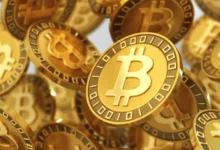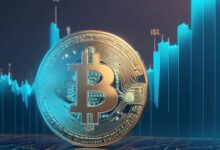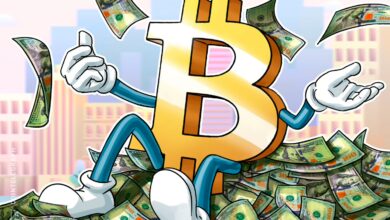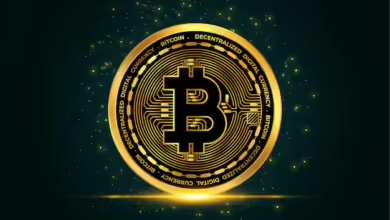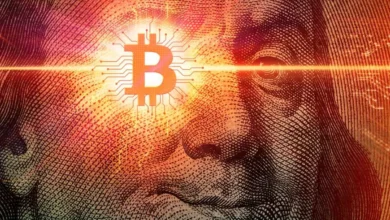Why Bitcoin’s Supply Limit Distinguishes It from Gold؟
The potential of Bitcoin as a digital asset and a transformative technology, compared to traditional assets like gold, and the discussion about its future role in reshaping the financial system, was the main topic of discussion.
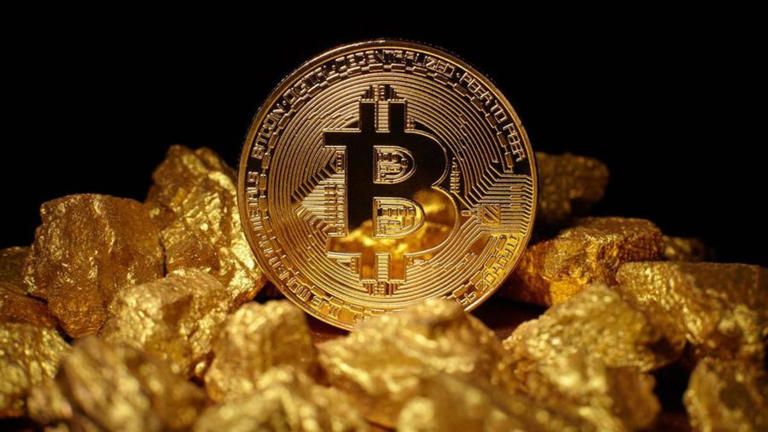
The roundtable moderator, Rob Nelson, led the discussion, joined by Kelly Klam, director of the BitLab Academy.
David Duong, head of institutional research at Coinbase; and Brian Dixon, CEO of Off The Chain Capital. Together, they examined the evolving narrative of Bitcoin and its position within the broader technology landscape.
Kelly Klam highlighted misconceptions surrounding Bitcoin, noting, “The vast majority of people, especially in the Western world, still do not have a deep understanding of the difference of this Bitcoin. It’s not just a cryptocurrency; it’s a digital asset that contains properties of some of the best attributes from very different industries.” He emphasized that Bitcoin is currently making an impact by integrating with power networks and addressing excess energy consumption, adding that spot ETFs help open more eyes to its value.
David Duong challenged the common analogy of Bitcoin as “digital gold,” explaining, “For example, gold… you can continue to use more resources to mine more gold. You can’t really do that with Bitcoin.” He emphasized that Bitcoin has a unique supply cap and a strong social structure, stating, “Bitcoin is actually a community made up of several groups, including miners, developers, known operators, and ultimately users.”
Brian Dixon added a long-term perspective, paralleling it with the early days of the internet. In the early days of the internet, many people thought the internet was worthless until it became invaluable… Bitcoin will be worthless in the future.” He predicted that in the future, the creation of the internet will be seen as a stepping stone for Bitcoin, referring to it as “the foundational technology that changes the financial system.”
